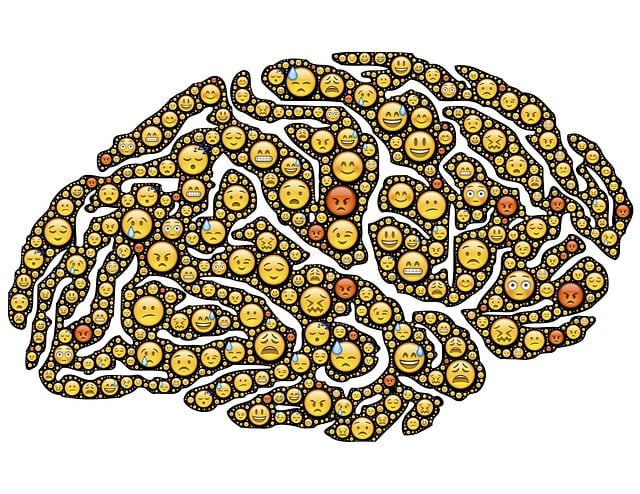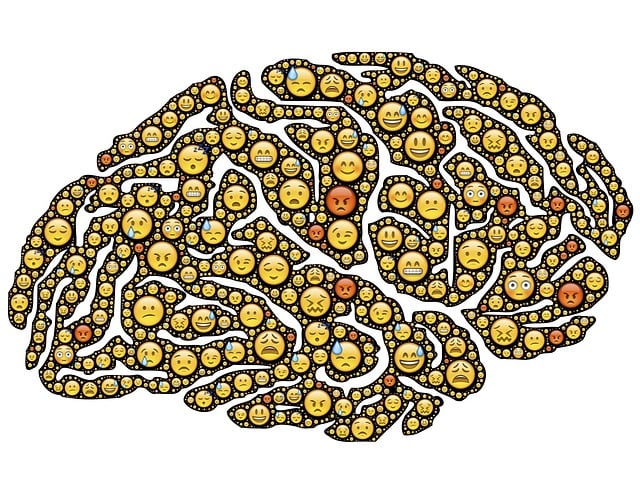For effective Wheat Ridge Panic Disorder and Anxiety Attacks Therapy, understanding RFM (Resilience, Flexibility, Mastery) principles is key. This approach fosters resilience through self-awareness exercises, mindfulness meditation, and community support, empowering individuals to manage symptoms with practical self-care practices. Tailored activities, combining techniques like deep breathing and progressive muscle relaxation, reinforce control and calmness. A multi-faceted strategy including CBT, social skills training, positive thinking, and trauma support addresses various aspects of Wheat Ridge Panic Disorder, promoting healing and building long-term coping mechanisms for improved quality of life.
“Unraveling the power of RFM (Resilience, Flexibility, and Mastery) in treating anxiety disorders, especially the prevalent Wheat Ridge Panic Disorder, this article delves into a transformative approach. We explore how RFM exercises can equip individuals with effective coping mechanisms to manage anxiety attacks. By understanding the role of resilience in therapy, designing tailored exercises, and implementing practical strategies, we aim to provide insights for professionals aiding those affected by panic disorder, offering hope and tools for a more resilient life.”
- Understanding RFM and Its Role in Anxiety Disorders Therapy
- Designing Resilience-Building Exercises for Effective Treatment
- Practical Implementation Strategies for Wheat Ridge Panic Disorder Relief
Understanding RFM and Its Role in Anxiety Disorders Therapy

Understanding RFM (Resilience, Flexibility, and Mastery) is key to effective Wheat Ridge Panic Disorder and Anxiety Attacks Therapy. This therapeutic framework recognizes that individuals struggling with anxiety disorders, like panic disorder, often experience a sense of helplessness and lack of control over their symptoms. RFM exercises aim to empower patients by fostering resilience—the ability to adapt and recover from challenging situations. By promoting flexibility in thinking and behavior, individuals learn to navigate anxious moments without triggering intense responses.
The role of mastery in RFM therapy encourages patients to gradually confront feared situations, building confidence and a sense of control. This process involves self-awareness exercises and mindfulness meditation techniques that help individuals recognize and manage anxiety symptoms. Additionally, Community Outreach Program Implementation can provide practical tools and social support, further enhancing the benefits of RFM therapy. These comprehensive strategies work together to empower individuals with long-term coping mechanisms, improving their overall well-being and quality of life.
Designing Resilience-Building Exercises for Effective Treatment

Designing effective resilience-building exercises for Wheat Ridge Panic Disorder and Anxiety Attacks Therapy involves tailoring activities that empower individuals to manage their symptoms. These exercises should incorporate practical Self-Care Practices aligned with Mind Over Matter principles, fostering a sense of control and calmness. By integrating techniques such as mindfulness meditation, deep breathing exercises, and progressive muscle relaxation, therapists can help clients develop coping strategies to mitigate anxiety and prevent Burnout.
The curriculum should be interactive, encouraging clients to identify their personal triggers and practice responses in a safe environment. Regularly incorporating these exercises into therapy sessions allows for consistent reinforcement, enabling individuals to gradually build resilience and enhance their ability to navigate challenging situations with composure.
Practical Implementation Strategies for Wheat Ridge Panic Disorder Relief

In implementing Wheat Ridge Panic Disorder relief strategies, a multi-faceted approach is key to success. Starting with Anxiety Attacks Therapy, cognitive behavioral therapy (CBT) has proven highly effective in managing symptoms by teaching individuals to recognize and change negative thought patterns and behaviors contributing to panic disorder. Incorporating Social Skills Training can significantly enhance recovery, as social support plays a crucial role in reducing anxiety and fostering a sense of belonging.
Additionally, integrating Positive Thinking techniques like mindfulness and relaxation exercises into daily routines can help manage stress levels. For those with a history of trauma, Trauma Support Services are essential for addressing underlying emotional wounds that may trigger panic attacks. Tailoring these strategies to individual needs ensures comprehensive care and fosters resilience in navigating Wheat Ridge Panic Disorder challenges effectively.
The implementation of RFM (Resilience, Flexibility, and Mastery) techniques and resilience-building exercises has proven to be a powerful tool in treating anxiety disorders, particularly Wheat Ridge Panic Disorder. By combining cognitive strategies with physical activities, therapists can empower individuals to manage their symptoms effectively. Through practical implementation strategies, as outlined in this article, treating anxiety attacks becomes more accessible and tailored to each patient’s unique needs. This holistic approach offers hope and improved quality of life for those struggling with panic disorders.














